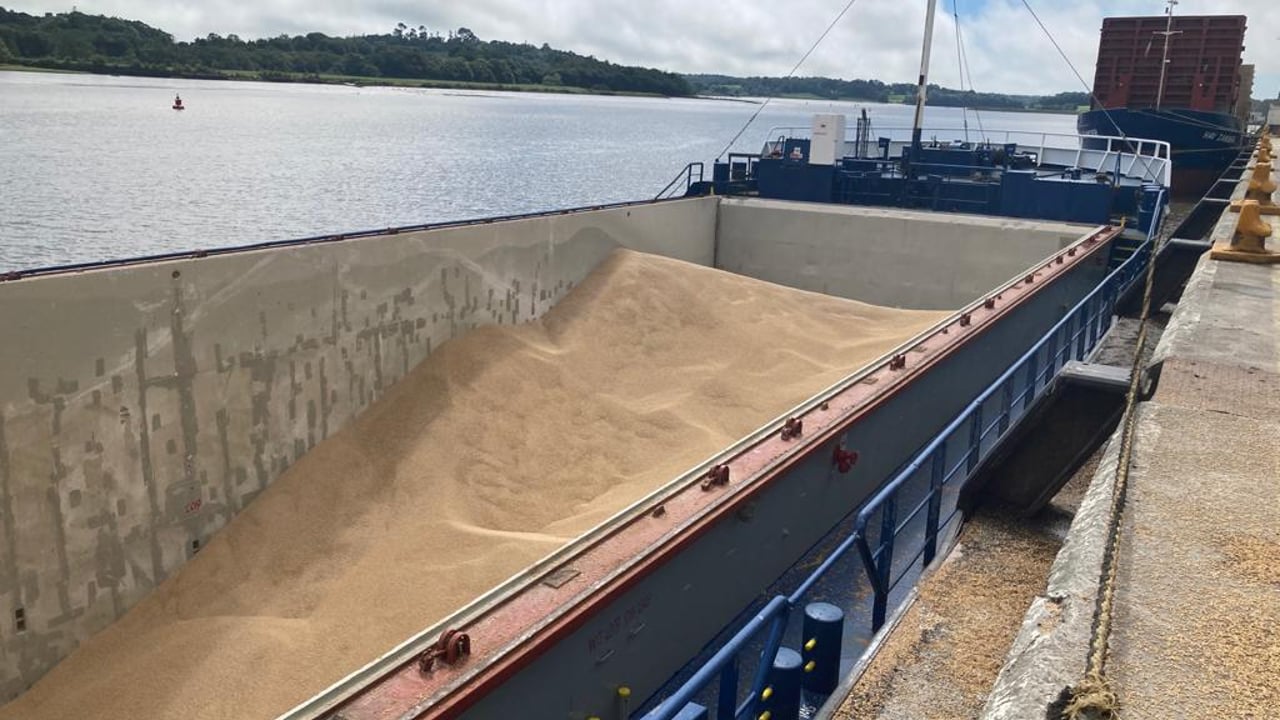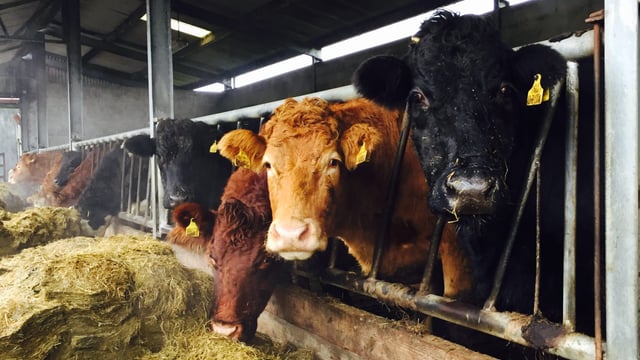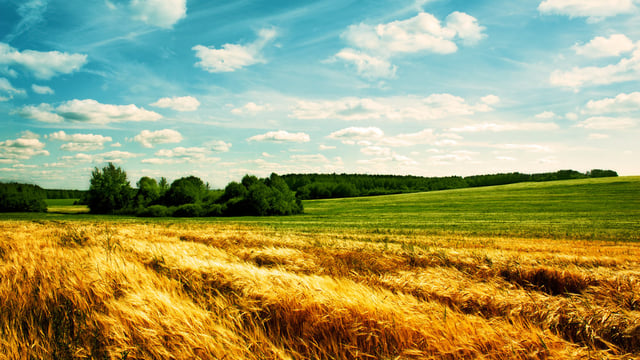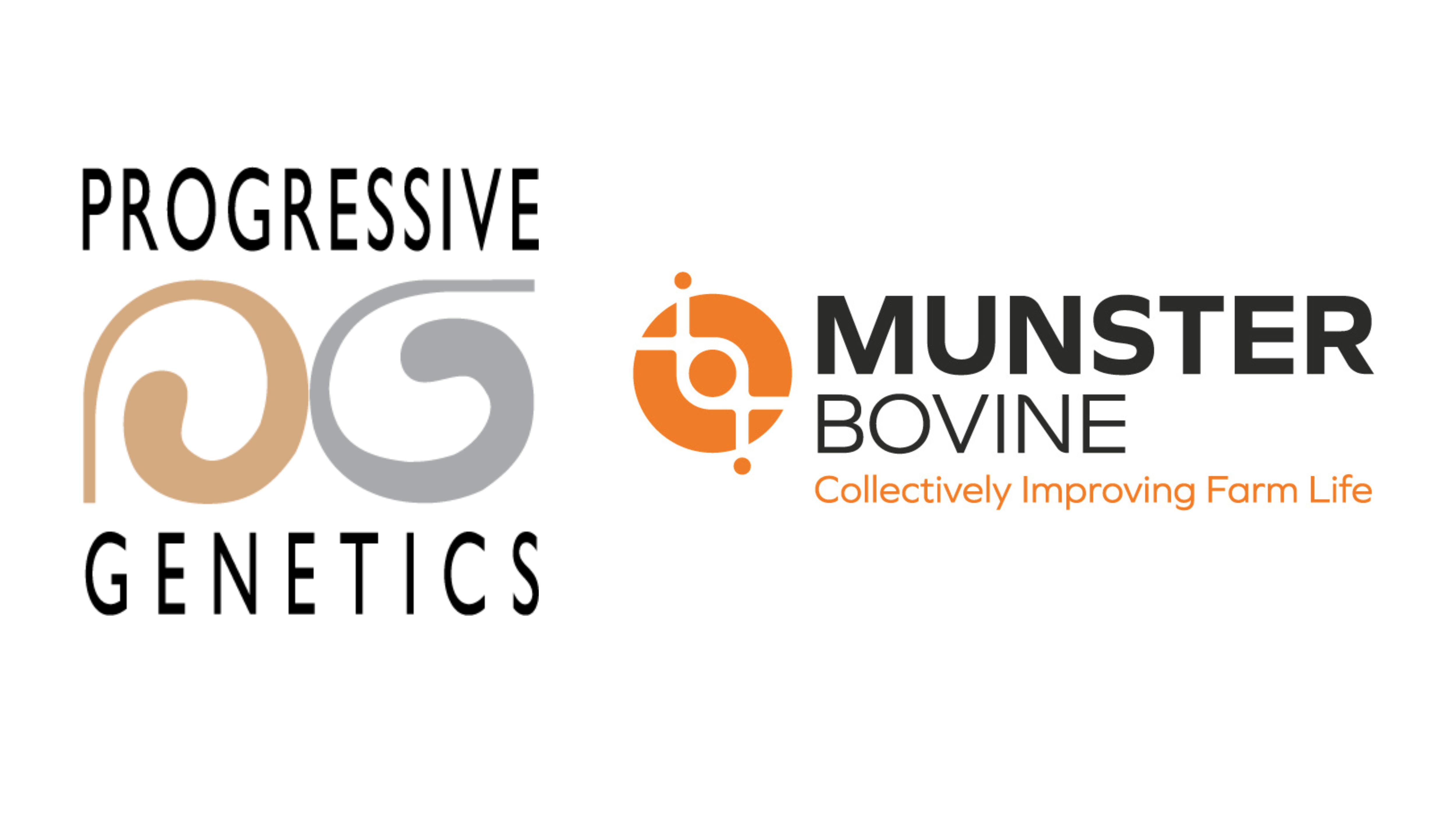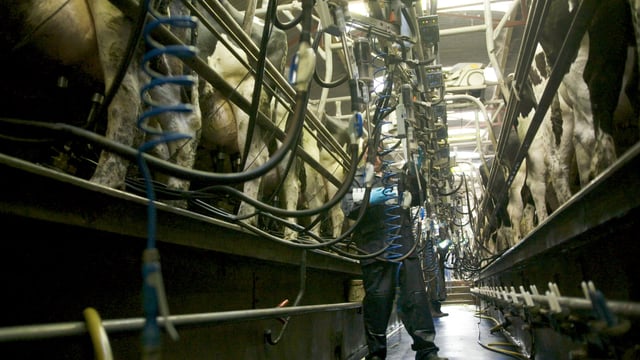Ukraine invasion: Huge uncertainty for Europe's food and agri businesses
Europe’s food and agri-businesses are frantically working through the major implications created by the war in Ukraine, according to Thijs Geijer, an economist with Amsterdam-based, ING Research.
Both Ukraine and Russia are global powerhouses within the grains and oilseeds sectors.
However, the issue of commodity exports from these countries is complicated by the fact that they are both large consumers of food in their own right.
Geijer explained:
“Because of the war, many international food companies in Ukraine have temporarily closed their operations and a sizeable group of businesses has also suspended exports to or operations in Russia.
“But, for western companies, in particular, the question of their future presence in Ukraine and/or Russia is on the table.
“Companies will have to decide whether to keep operating in the region, decrease operations, or leave the market completely.
He added:
“For foreign food manufacturers and traders with operations in Russia, the situation is complex but on a different level.
“On the one hand, these companies are facing the impact of sanctions and a deteriorating economic situation. On the other, there is increased demand for products sourced from or produced in Russia because food imports have decreased.”
International food companies entered 2022 on the back of a wave of higher commodity prices, not least for grains and oilseeds, and this trend hasn't abated.
Input costs for tillage farmers are also increasing as sanctions against Belarus and Russia have a big impact on fertiliser supply chains.
The importance of the Black Sea region for grains and oilseeds production and the disruptions in trade flows drive up prices for food companies that don’t trade directly with Russia or Ukraine.
Together these things make it very difficult to predict crop prices going forward which also leads to more market volatility.
Geijer commented:
“A further rise in grain, vegetable oil, and fertiliser prices leads to even more cost inflation in food supply chains and buying decisions get more complicated due to more market volatility.
He added:
“Once their current procurement contracts terminate, companies don’t have many other options than to pay higher prices and try to pass them on to their customers.
"Passing on costs will be necessary given the narrow margins in the sector, but it can be difficult nevertheless because food companies already had such conversations with their customers over the last couple of months.
“In some cases, companies will look to possibly reformulate products by substituting sunflower oil with palm oil to be able to keep up production.”
Geijer believes that higher energy prices are an indirect effect of the conflict in Ukraine, which is especially relevant for European food manufacturers.
Data for the Netherlands shows that, on average, energy costs make up 1-3% of total costs in food manufacturing.
But those figures are from 2019 and it is reasonable to assume that the current share is higher as wholesale energy prices have increased sharply since that time.
On top of that, higher energy prices will also trickle down to food manufacturers through higher fuel costs and through their procurement practices.
This is because they buy a relatively large share of their inputs from more energy-intensive sectors, such as agriculture and the packaging industry.
Geijer further explained:
He concluded:
“The surge in energy prices might eventually make investments in energy efficiency more attractive and stimulate companies to move from gas-powered production processes to other energy sources.
A statement from the EU Commission on what can be done to safeguard food security in Europe is expected over the coming days.

